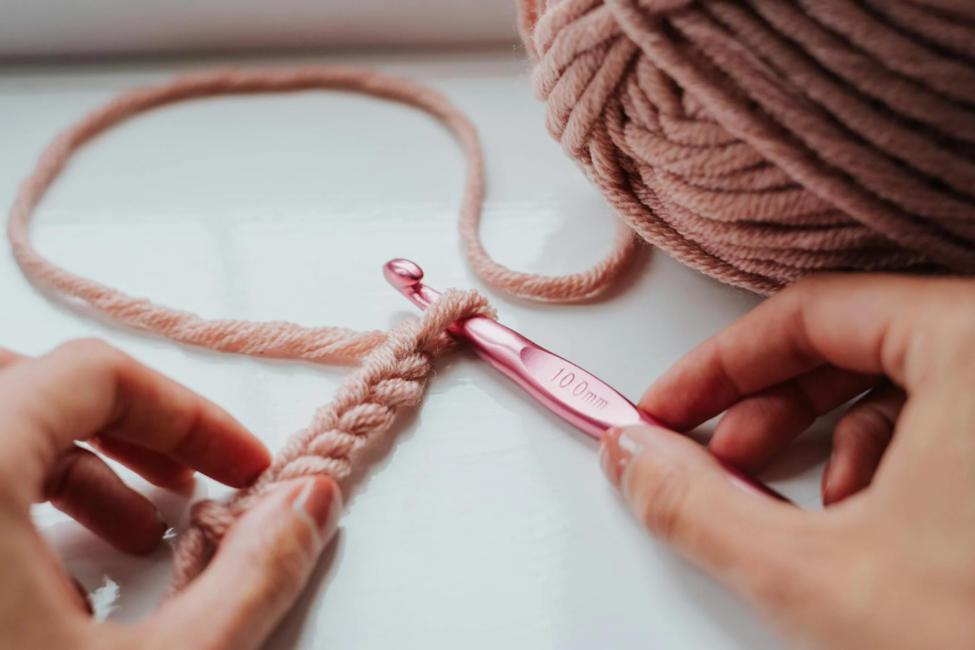Common Congenital Hand Disorders: Understanding Causes, Treatment Options, and Support Resources
Common Congenital Hand Disorders: Understanding Causes, Treatment Options, and Support Resources
Thu Aug 22 2024Common Types of Congenital Hand Disorders
There are various congenital hand disorders that our orthopedic doctors in Houston treat, including:- Polydactyly: This condition involves the presence of extra fingers. It is one of the most common congenital hand anomalies, which can vary from a small, nonfunctional nubbin to a fully formed additional finger.
- Syndactyly: Characterized by the fusion of two or more fingers, syndactyly can affect the appearance and functionality of the hand. The severity of the fusion can vary, and it may be partial or complete. Therefore, an orthopedic surgeon in Houston would need to perform a detailed evaluation to make a decision.
- Clubhand (Radial Dysplasia): This condition involves a shortened or absent radius bone in the forearm, causing the hand to deviate radially (toward the thumb side). It often affects the overall alignment and function of the hand.
- Hypoplastic Thumb: This is a condition where the thumb is underdeveloped or absent. It can significantly impact hand function, as the thumb plays a crucial role in grasping and pinching.
- Amniotic Band Syndrome: This occurs when fibrous bands from the amniotic sac wrap around a limb or digit, constricting blood flow and causing deformities or requiring amputation of the affected parts.

Congenital hand disorders often result from genetic mutations or disruptions during fetal development. While many cases occur spontaneously without a known cause, some are linked to genetic conditions or environmental factors. For example, syndactyly can sometimes be inherited in families, while amniotic band syndrome is thought to arise from complications in the amniotic sac.
Treatment Options
Treatment for congenital hand disorders varies based on the type and severity of the condition. Early diagnosis and intervention are critical for achieving the best outcomes. Options include:
-Surgical Intervention: Orthopedic surgeons in Houston often recommend surgery to correct or improve the function of affected hands. Procedures can involve separating fused digits, reconstructing malformed structures, and addressing deformities caused by conditions like polydactyly and syndactyly.
- Orthotic Devices: Custom-made splints or braces may be used to support the hand, improve function, and prevent further deformities. These devices can be particularly beneficial for managing conditions like clubhand.
- Physical and Occupational Therapy: Therapy plays a crucial role in enhancing hand function and adapting to any physical limitations. Occupational therapists work with individuals to develop fine motor skills and improve hand coordination.
- Genetic Counseling: For families with a history of congenital hand disorders, genetic counseling can provide insights into the likelihood of recurrence and available testing options.
By understanding the types, causes, and treatment options and accessing available resources and orthopedic doctors in Houston, affected people and their families can better navigate the complexities of these conditions and work toward achieving the best possible outcomes.